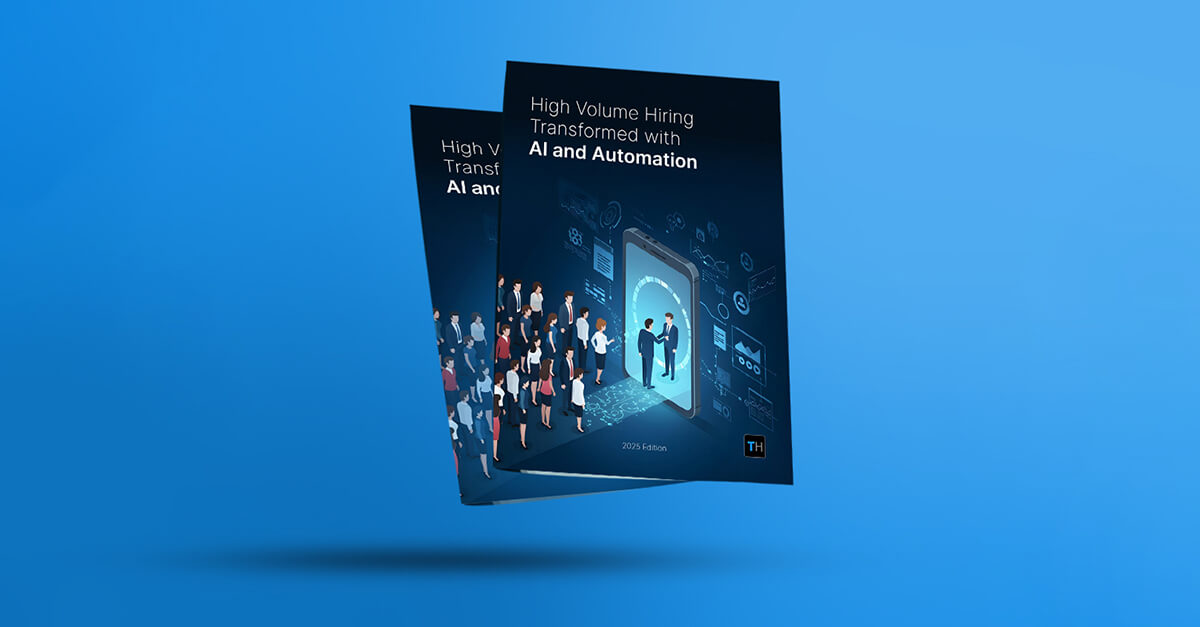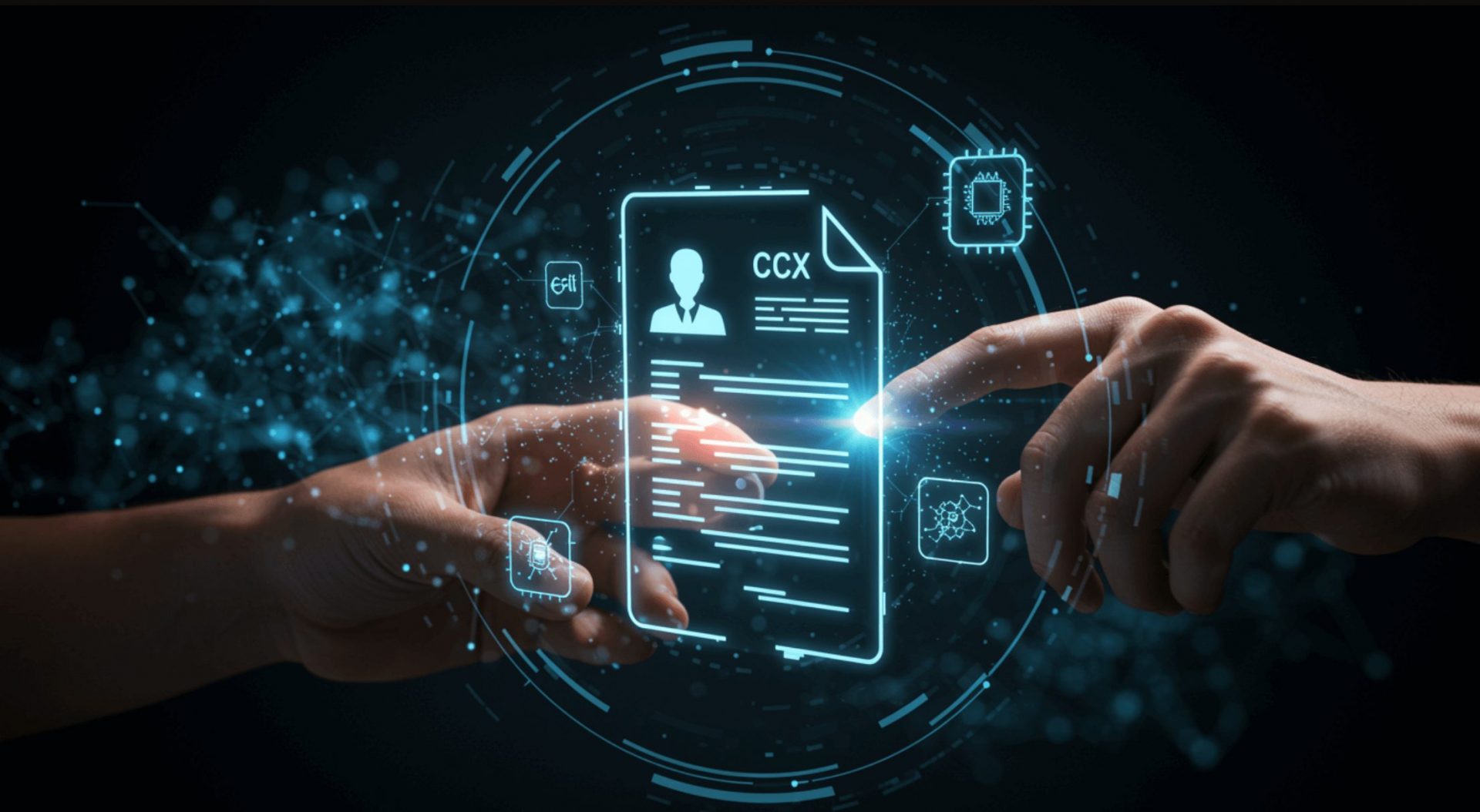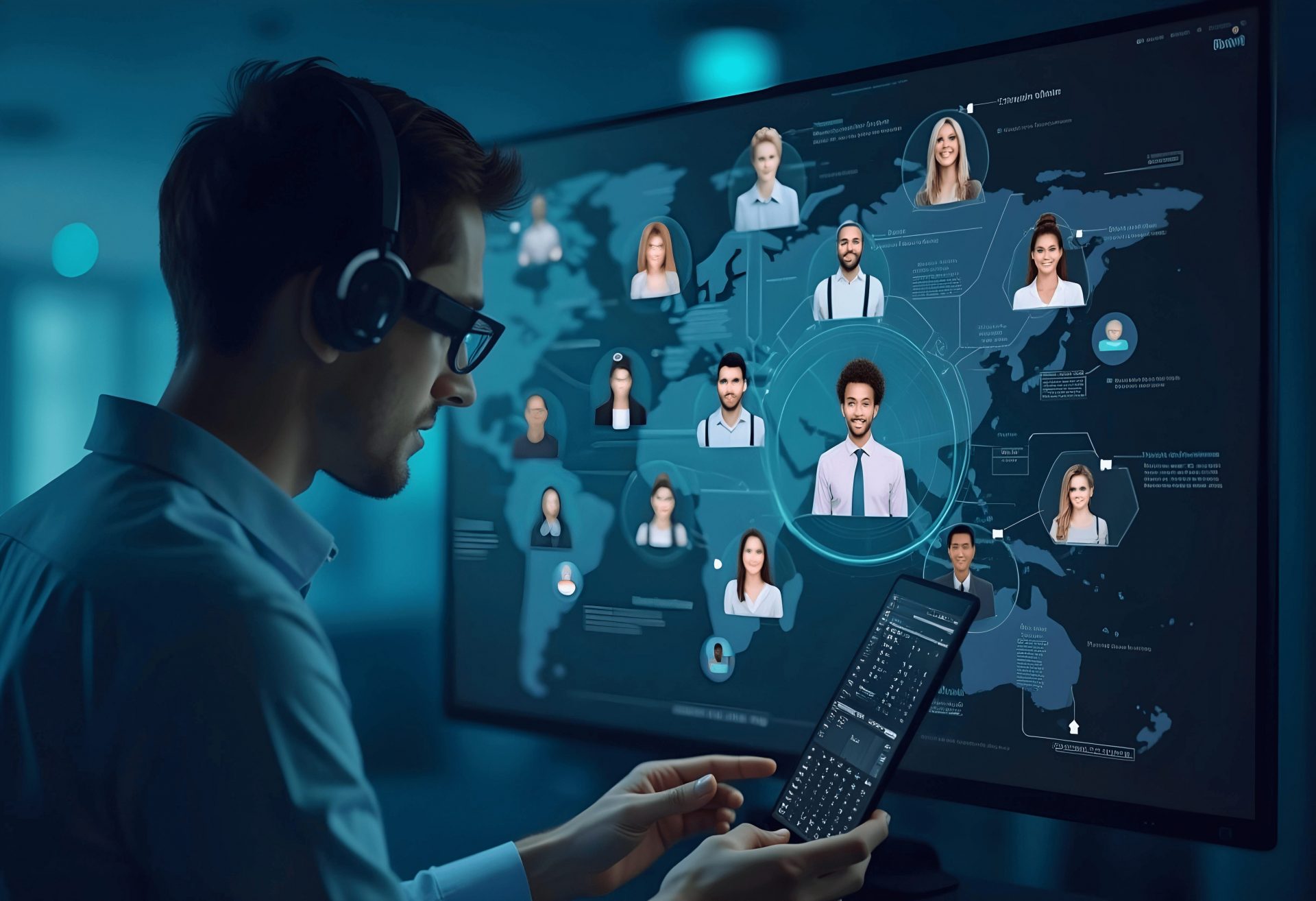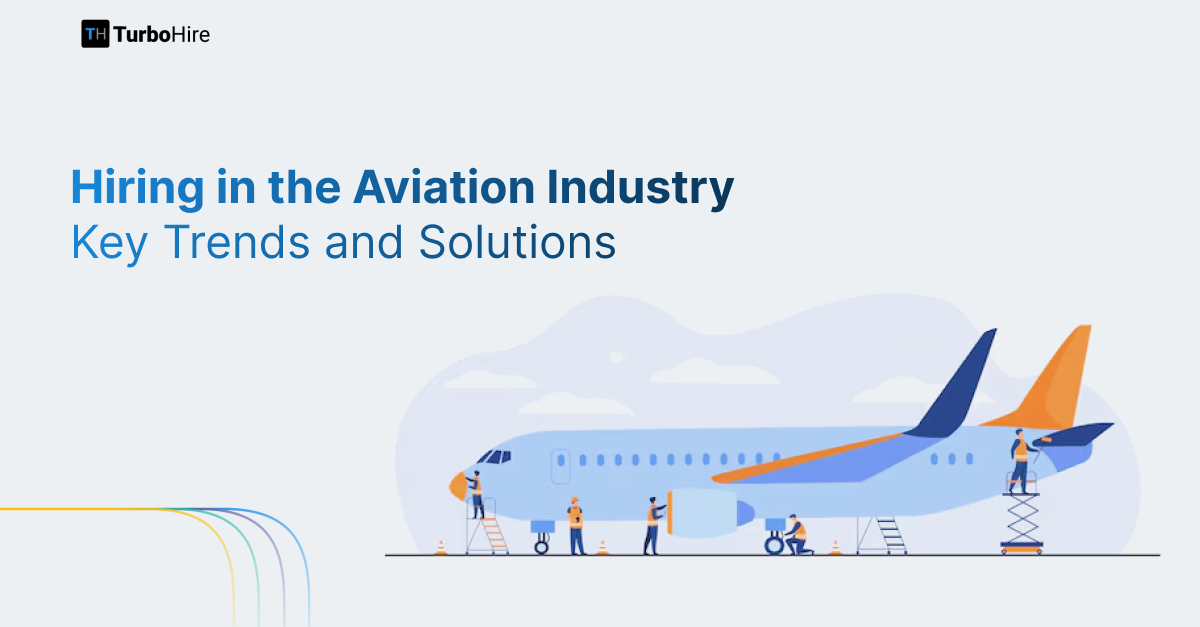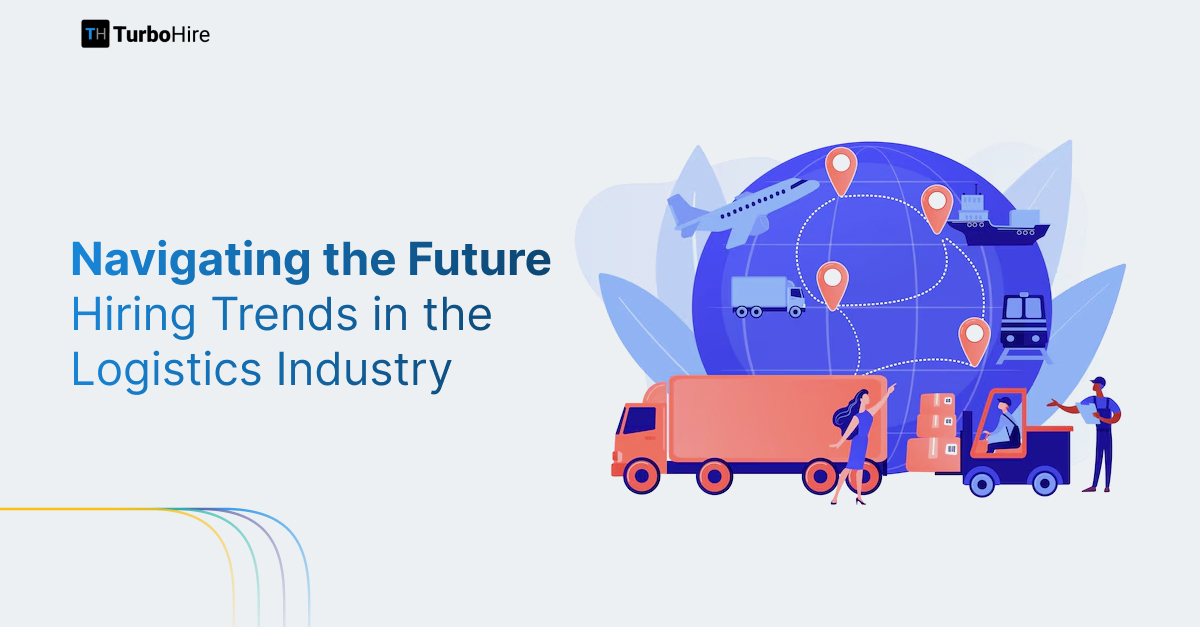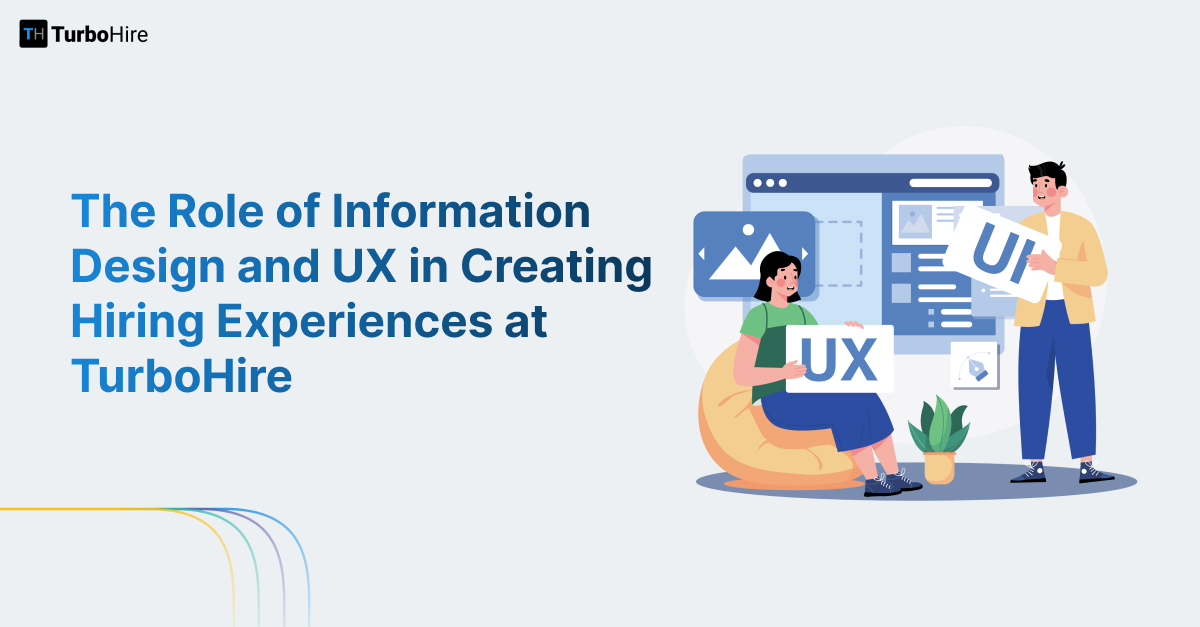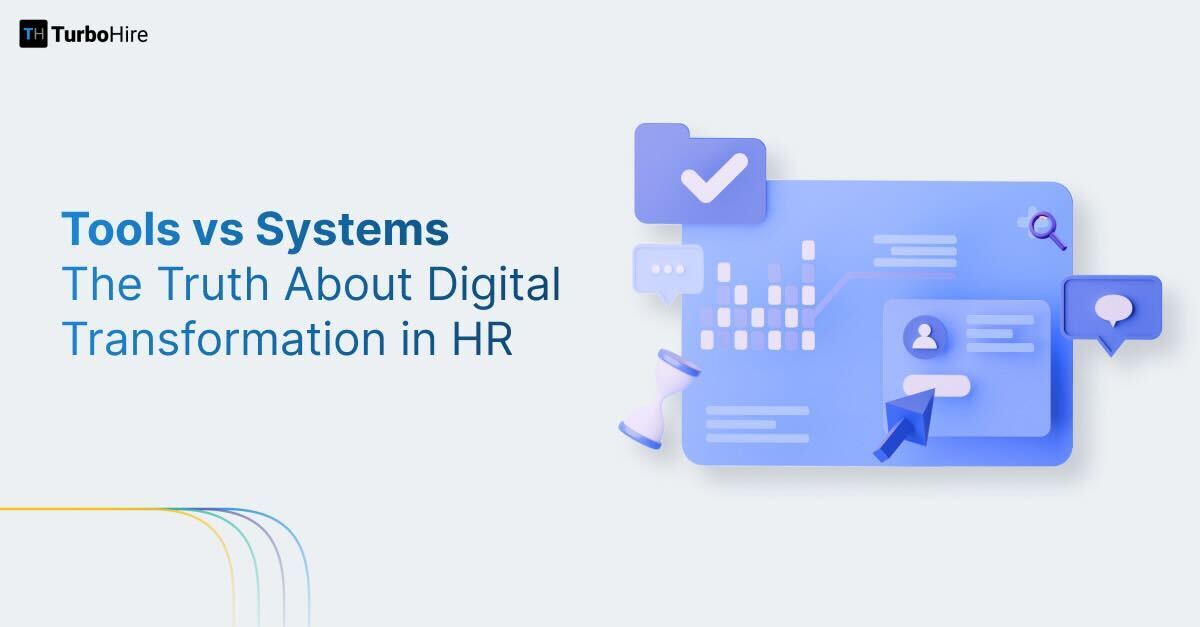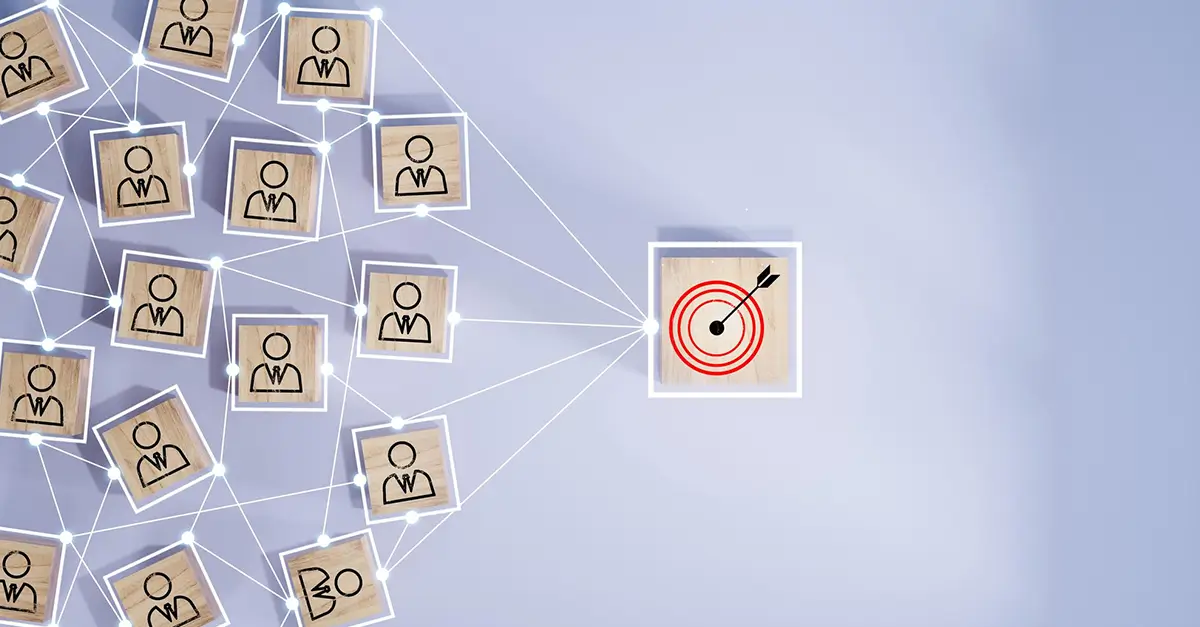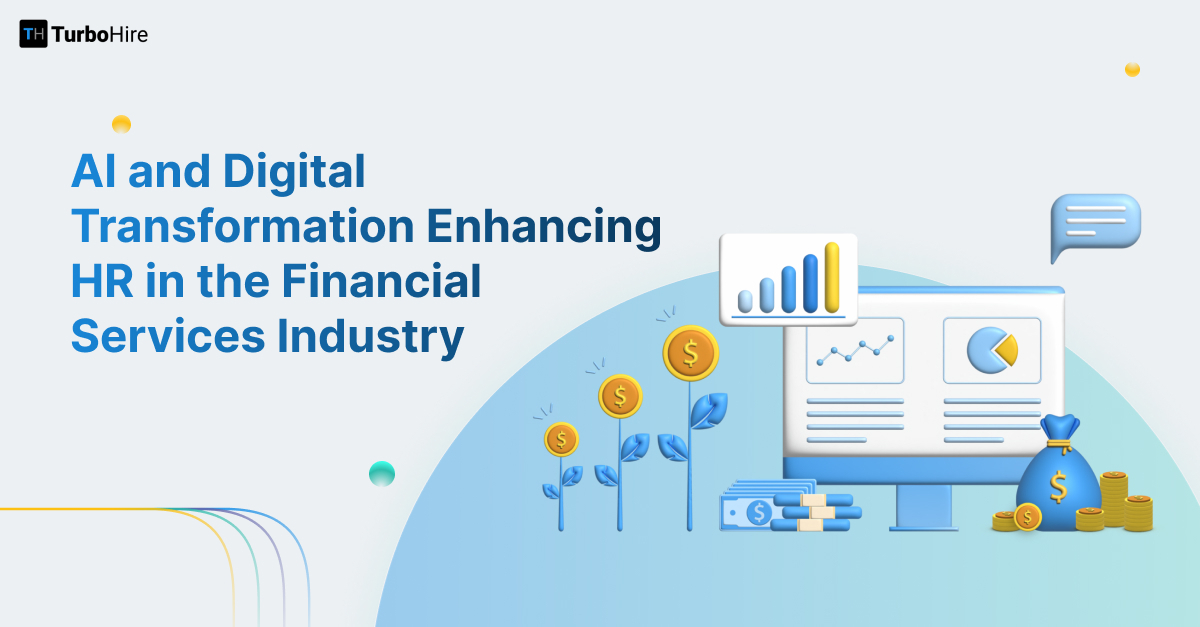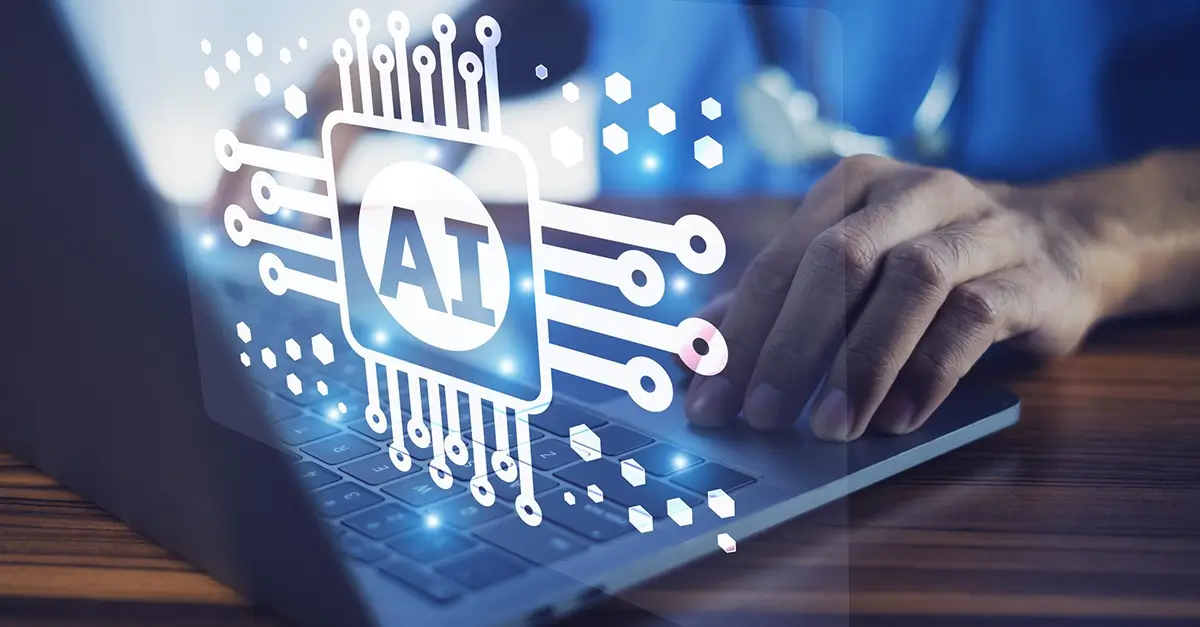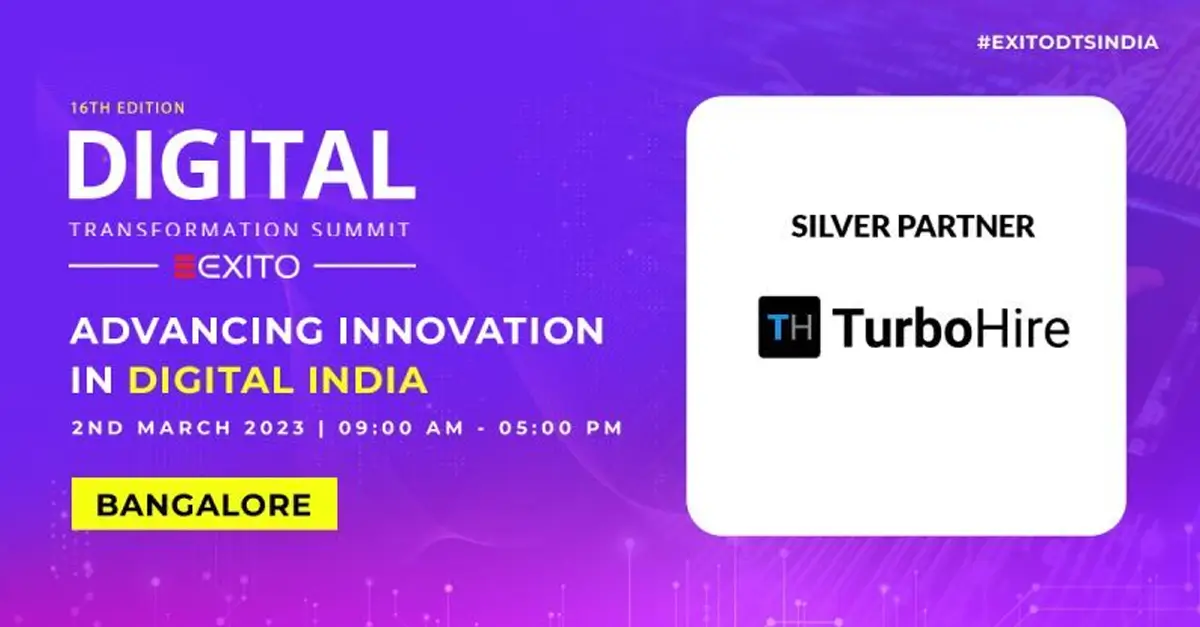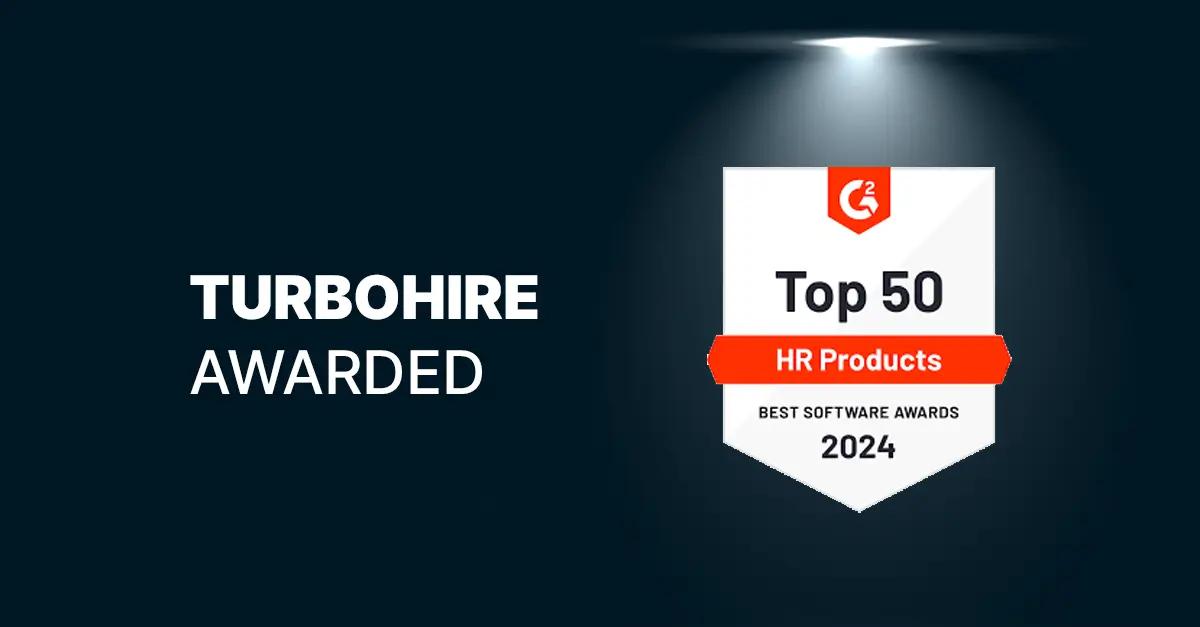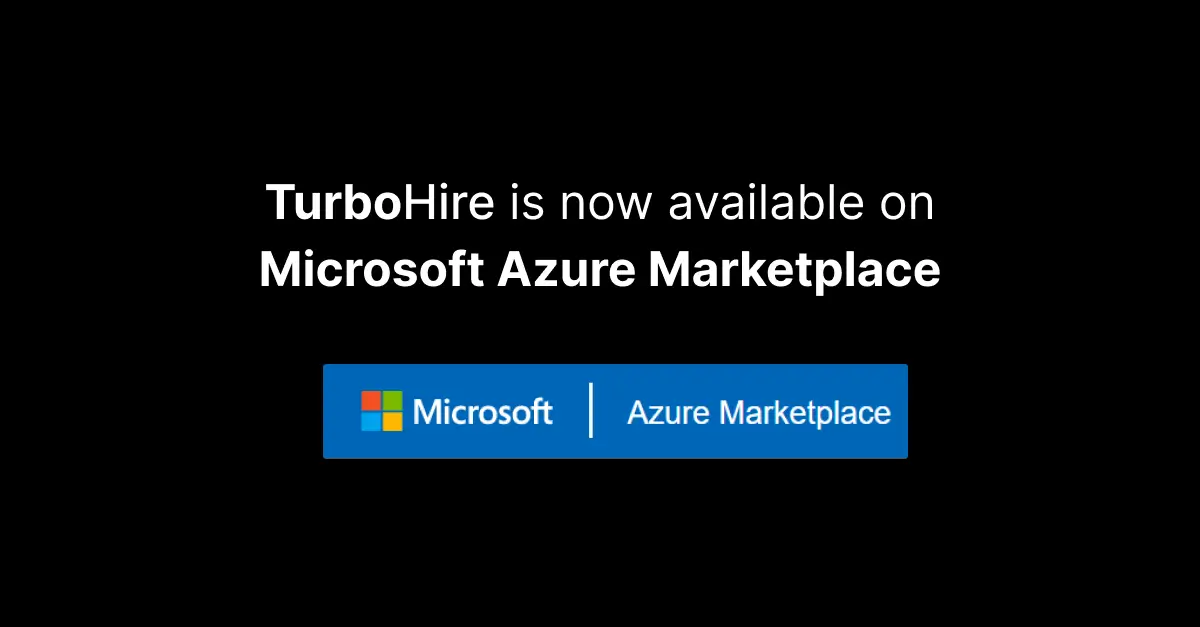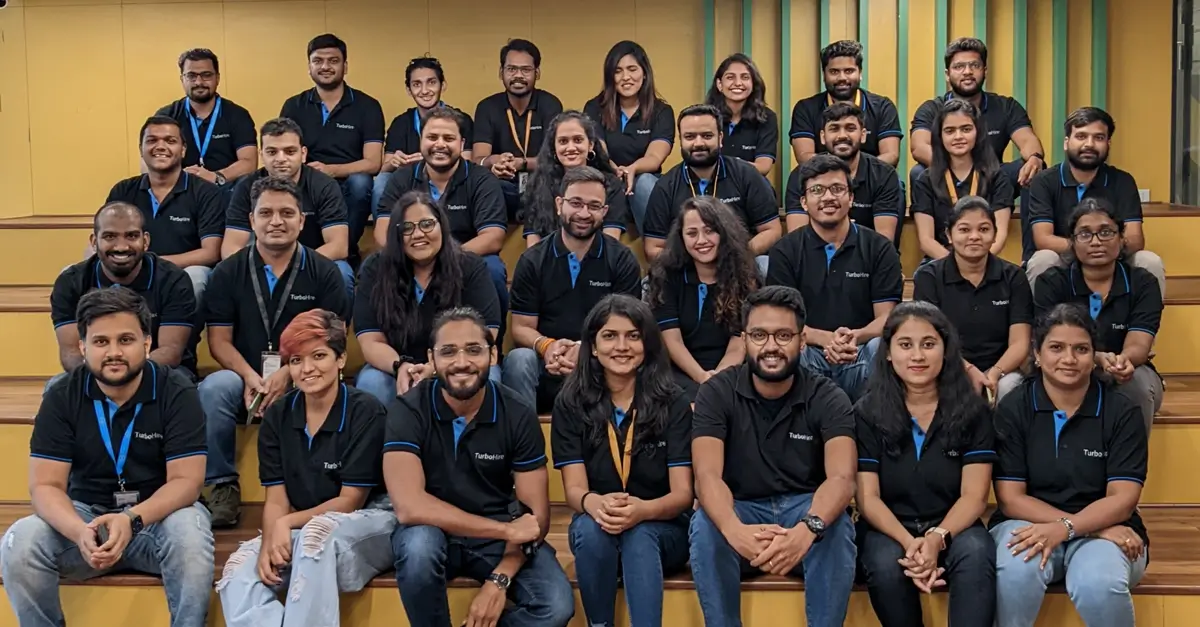Introduction
In today’s fast-evolving world of HR digital transformation, organizations are increasingly turning to advanced technologies like AI-driven platforms to revolutionize talent acquisition and streamline core HR functions. Solutions like TurboHire empower HR teams to attract, assess, and hire talent with remarkable efficiency and precision. However, as these platforms process vast volumes of sensitive candidate and employee data, ensuring data security and privacy compliance has become a critical priority for organizations seeking to build trust and safeguard operations.
For businesses in India, the Digital Personal Data Protection Act (DPDPA) is a pivotal regulatory framework, often more relevant than global standards like GDPR or CCPA. DPDPA emphasizes accountability and transparency in handling personal data, requiring HR teams to adopt robust security measures and privacy-first approaches. Simultaneously, aligning with ISO 27001 and ISO 27701 ensures enterprises meet international standards for information and privacy management, demonstrating their commitment to securing sensitive data and minimizing risks.
By embedding strong data security practices into their HR digital transformation strategies, organizations can comply with regulatory requirements, enhance operational efficiency, and foster trust among stakeholders. This approach not only strengthens the foundation for leveraging AI-powered solutions like TurboHire but also positions businesses as leaders in creating secure, compliant, and future-ready HR ecosystems.
HR’s Role in Ensuring Data Security and Compliance
In the fast-evolving landscape of HR digital transformation, HR professionals play a pivotal role in safeguarding sensitive data throughout the talent acquisition lifecycle. As organizations increasingly leverage AI-powered hiring platforms like TurboHire, HR teams must implement robust frameworks to protect candidate and employee data from breaches and misuse. While compliance with global data protection regulations such as GDPR and CCPA is critical, in India, the Digital Personal Data Protection Act (DPDPA) provides a localized framework for ensuring accountability and transparency in managing sensitive personal data.
To meet the stringent demands of enterprise-grade data security, organizations should also adhere to international standards like ISO 27001 for information security management and ISO 27701 for privacy information management. These certifications ensure that data protection is seamlessly integrated into every stage of the hiring process, offering a structured approach to mitigate risks and enhance compliance.
HR teams must also work closely with IT and ISO teams to monitor data flows, identify vulnerabilities, and ensure systems meet legal and organizational standards. Regular training on data privacy regulations for HR personnel further empowers them to manage sensitive information effectively, aligning with the organization’s broader digital transformation goals.
The hiring lifecycle—from sourcing candidates to onboarding—requires handling vast amounts of personal and sensitive information. This makes data security a cornerstone of modern talent acquisition strategies. At each stage, from resume parsing to interview scheduling and offer management, organizations must ensure secure storage, processing, and sharing of candidate data. A breach at any point in this lifecycle can compromise candidate trust and lead to significant legal and financial consequences.
By integrating AI-driven hiring solutions with stringent security measures, companies can mitigate these risks effectively. Encryption, secure access controls, and regular audits are critical to protecting data during the hiring process. Additionally, compliance with laws like GDPR ensures candidates’ rights are respected, building a reputation for ethical hiring practices.
Key Legal Frameworks and Regulations to Keep in Mind in 2025
Understanding DPDPA, GDPR, CCPA, and ISO Standards
DPDPA Compliance
The Digital Personal Data Protection Act (DPDPA) is India’s comprehensive data protection law designed to regulate how personal data is collected, stored, and processed. It emphasizes responsible data handling, requiring businesses to:
- Obtain explicit consent from individuals for data collection and usage.
- Provide mechanisms for individuals to exercise their rights, such as accessing, correcting, or erasing their data.
- Ensure transparency in how personal data is managed and processed.
GDPR Compliance
The General Data Protection Regulation (GDPR) governs data protection for organizations operating in or interacting with individuals in the European Union. It ensures candidates have control over their personal data through strict guidelines, including:
- Data minimization: Collecting only necessary data for specific purposes.
- Right to access: Allowing individuals to view and retrieve their personal information.
- Right to be forgotten: Enabling individuals to request the deletion of their data.
CCPA Compliance
The California Consumer Privacy Act (CCPA) focuses on protecting the privacy of California residents, requiring businesses to:
- Disclose data collection practices: Inform users about what data is collected, how it is used, and for what purposes.
- Provide control to users: Enable individuals to opt out of data sharing or selling.
- Ensure non-discrimination: Guarantee fair treatment regardless of the exercise of privacy rights.
ISO Standards (ISO 27001 and ISO 27701)
ISO certifications, particularly ISO 27001 and ISO 27701, provide global standards for information security and privacy management:
- ISO 27001 focuses on Information Security Management, ensuring that organizations implement effective data protection measures.
- ISO 27701 extends ISO 27001 to include Privacy Information Management, addressing the specific requirements of data privacy regulations like DPDPA, GDPR, and CCPA.
Organizations leveraging HR technology that integrates DPDPA, GDPR, CCPA, and ISO requirements are better positioned to enhance efficiency, ensure compliance, and maintain trust in the competitive hiring landscape.
How to Ensure Compliance When Using HR Tech
Incorporating HR technology streamlines hiring while ensuring adherence to DPDPA, GDPR, and CCPA, as well as globally recognized ISO standards (ISO 27001 for Information Security Management and ISO 27701 for Privacy Information Management). These frameworks emphasize obtaining consent, protecting sensitive data, and ensuring transparency in data handling.
What Are DPDPA, GDPR, CCPA, and ISO Compliance Requirements in HR?
Key DPDPA Compliance Guidelines:
- Consent Management: Obtain explicit consent for data collection and use.
- Rights Management: Enable individuals to access, correct, or delete their data.
- Data Security: Protect data through encryption and limit access to authorized personnel.
Key GDPR Compliance Guidelines:
- Lawful Data Processing: Ensure data collection and processing adhere to a valid legal basis, such as explicit consent.
- Data Minimization: Collect only the information necessary for specific HR purposes.
- Right to Access and Erasure: Enable employees and candidates to access or delete their personal data on request.
- Accountability and Documentation: Maintain records of data usage and conduct regular audits to demonstrate compliance.
Key CCPA Compliance Guidelines:
- Right to Know: Inform individuals about what personal data is collected, its purpose, and how it is used.
- Right to Opt-Out: Allow candidates and employees to opt out of data sharing or selling activities.
- Non-Discrimination: Treat all individuals equally, regardless of whether they exercise their privacy rights.
Key ISO Compliance Guidelines for HR (ISO 27001 & ISO 27701)
ISO 27001: Information Security Management
- Implement a framework to protect sensitive candidate and employee data effectively.
- Utilize robust encryption and enforce strict access control measures.
- Conduct regular risk assessments and audits to identify vulnerabilities.
- Establish an incident response plan to manage and minimize data breaches.
ISO 27701: Privacy Information Management
- Extend ISO 27001 standards to align with DPDPA, GDPR, and CCPA requirements.
- Ensure transparency by clearly communicating data handling practices.
- Conduct privacy impact assessments to mitigate data privacy risks proactively.
- Demonstrate compliance to build trust with candidates and employees.
How to Obtain Consent Effectively Using HR Tech
- Simplify Consent Forms:
- Use clear and concise language in consent forms.
- Ensure users understand what data is being collected and why.
- Offer Granular Consent Options:
- Provide the flexibility to opt in or out of specific data uses, such as marketing, analytics, or third-party sharing.
- Automate Consent Management:
- Leverage HR software to track when and how consent was provided.
- Maintain digital records to demonstrate compliance with GDPR and CCPA requirements.
Enhancing Transparency in Data Processing
Simplify Consent Management
- Use clear, concise language in consent forms.
- Offer granular consent options for specific data uses.
- Automate consent tracking with HR software for DPDPA, GDPR, and CCPA.
Enhance Data Security with ISO Standards
- Implement ISO 27001 and ISO 27701 frameworks to protect sensitive data.
- Leverage data encryption and secure access control across all data handling processes.
Automate Privacy Notifications
- Notify users about data collection or updates in real time.
- Provide self-service portals for data access, updates, or deletion requests.
Why DPDPA, GDPR, CCPA, and ISO Compliance Matter in HR
- Avoid Penalties: Non-compliance risks fines, legal issues, and reputational damage.
- Build Trust: Transparency and privacy commitment enhance trust with candidates and employees.
- Streamline Operations: HR tech simplifies compliance, ensuring consistent adherence to regulations.
- Enterprise-Level Security: ISO 27001 and ISO 27701 certifications demonstrate robust security and privacy practices.
By using DPDPA, GDPR, CCPA, and ISO-compliant HR tech, organizations can navigate data privacy regulations while enhancing employee and candidate experiences. TurboHire, an AI-powered hiring platform, integrates these frameworks seamlessly, offering automated consent management, data security, and compliance monitoring to drive trustworthy hiring practices in 2025 and beyond.
TurboHire Simplifies Compliance and Ensures Secure Hiring Processes
In today’s complex regulatory environment, data protection compliance is vital for organizations aiming to build trust, safeguard sensitive data, and streamline the hiring process. TurboHire, an AI-powered hiring platform, ensures compliance with key legal frameworks, including the Digital Personal Data Protection Act (DPDPA), General Data Protection Regulation (GDPR), and ISO 27001 and ISO 27701 certifications, making it an ideal choice for enterprises.
With DPDPA compliance at its core, TurboHire enables businesses to manage candidate data responsibly by providing tools for consent management and ensuring individuals can exercise their rights, such as data access, correction, or deletion. The platform is built on globally recognized standards like ISO 27001 for Information Security Management and ISO 27701 for Privacy Information Management, ensuring data security and privacy best practices for enterprise hiring solutions.
TurboHire’s features include automated compliance tasks, such as managing candidate consent and maintaining detailed audit trails. These capabilities simplify regulatory adherence, enabling HR teams to save time while ensuring alignment with regional and global data protection laws like DPDPA, GDPR, and CCPA. By embedding regulatory compliance into its design, TurboHire is a trusted platform for enterprises in India and worldwide, ensuring secure, efficient, and legally compliant hiring processes.
Best Practices for Compliance and Data Security in HR
Ensuring compliance and data security in HR is vital in today’s technology-driven hiring Compliance with regulations such as the Digital Personal Data Protection Act (DPDPA), General Data Protection Regulation (GDPR), and California Consumer Privacy Act (CCPA), along with adherence to ISO 27001 and ISO 27701 standards, is critical for organizations handling sensitive candidate and employee data. Best practices for compliance include encrypting data at all stages, conducting regular audits, and fostering transparency through clear communication and self-service portals for managing personal information. Granular consent management and automated compliance tracking further ensure alignment with both regional and global data protection frameworks.
TurboHire integrates these best practices into its AI-powered hiring platform, offering features like centralized data management, real-time compliance monitoring, and advanced encryption tools. Its automated consent management aligns seamlessly with DPDPA, GDPR, and CCPA, enabling organizations to respect user preferences and ensure regulatory compliance effortlessly. By streamlining tasks such as sourcing, resume parsing, and interview scheduling, TurboHire minimizes errors, boosts efficiency, and safeguards sensitive data throughout the hiring lifecycle.
By leveraging TurboHire, organizations not only mitigate legal and reputational risks but also build trust with candidates and employees. The platform’s commitment to embedding compliance into every stage of the hiring process empowers businesses to deliver secure, ethical, and transparent hiring experiences, positioning them as leaders in the competitive talent acquisition market.
By incorporating these practices and utilizing TurboHire’s robust features, businesses can build trust, stay compliant with evolving data privacy laws, and secure their hiring processes for the future.
Conclusion
In today’s rapidly evolving landscape of HR digital transformation, ensuring compliance with DPDPA, GDPR, and CCPA, as well as adhering to ISO 27001 and ISO 27701 standards, has become a non-negotiable priority for organizations handling sensitive candidate and employee data. Failure to comply can result in hefty fines, reputational damage, and loss of trust among stakeholders.
By embracing best practices for compliance and data security, organizations can build a foundation of trust, transparency, and operational excellence. AI and automation not only streamline hiring but also reinforce data security by minimizing human errors and enhancing transparency.
TurboHire empowers HR teams to ensure compliance by respecting candidates’ rights, such as enabling access to their personal data, facilitating modifications, or processing deletion requests as mandated by DPDPA, GDPR, and CCPA. These features demonstrate an organization’s commitment to ethical and compliant hiring practices, attracting top talent and retaining employee trust.
Organizations that prioritize data security and compliance gain a competitive edge in talent acquisition. By safeguarding personal information, maintaining accountability, and leveraging platforms like TurboHire, they position themselves as industry leaders in ethical and secure HR practices.
In the face of growing data privacy concerns, integrating DPDPA, GDPR, CCPA, and ISO standards into HR strategies not only protects against legal risks but also builds a culture of trust and responsibility that resonates with candidates and employees alike.
Investing in robust HR compliance solutions like TurboHire is not just about meeting regulatory requirements—it’s about shaping a sustainable, efficient, and secure future for talent acquisition. By combining AI-driven efficiency with comprehensive compliance measures, TurboHire empowers organizations to transform their hiring processes while ensuring data security and regulatory alignment. As the regulatory landscape evolves, businesses equipped with the right tools and strategies will lead the way in creating safer, more transparent hiring experiences.


